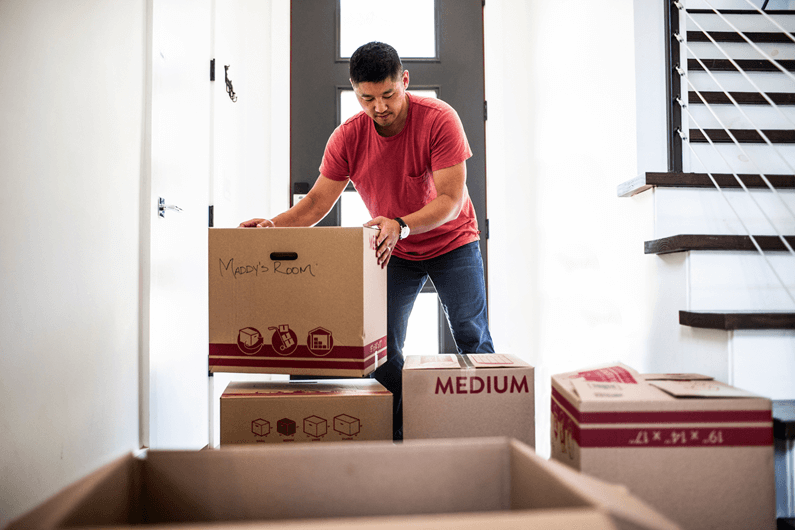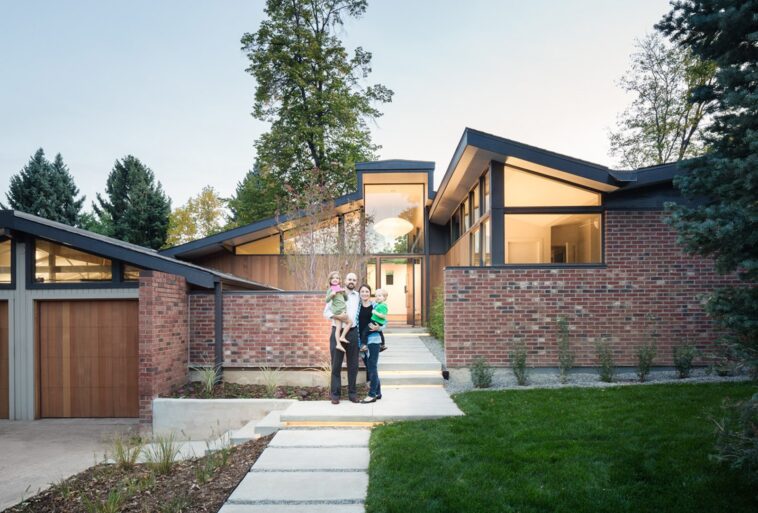Buying a house is a big decision that has long-reaching financial and lifestyle implications. It’s not merely a transaction; it’s a commitment that weaves into the very fabric of your daily life. With the property market ever-fluctuating nature, it’s crucial to tread carefully and make informed decisions. Before you dive into the world of real estate listings and open houses, equip yourself with the right questions to guide your journey. In this blog, we explore five pivotal questions to ponder before you decide to buy a house. Let’s get started.
1. What Do Homeownership Statistics Say About Current Trends?
Before you make your move, it’s wise to look at the data. Homeownership statistics can provide a snapshot of the market and help you understand trends. For instance, how has the median home price in your desired area changed over the past few years? Are homes appreciating at a rate that makes buying a sound investment?
The frequency of sales, the average time houses stay on the market, and the ratio of list-to-sale prices can all impact your strategy as a buyer. These figures will inform whether you should act quickly with a strong offer or if there’s room to negotiate. Understanding these statistics will help you gauge the market’s temperature and craft an approach that aligns with current trends.
2. Is My Financial Foundation Solid Enough for Homeownership?
The financial aspect of buying a home is undeniably the most intimidating factor for many. A solid financial foundation means more than having enough for a down payment. It’s about ensuring you have a robust financial cushion to handle not just the mortgage, but also property taxes, maintenance, insurance, and unexpected repairs.
Before you consider purchasing a home, evaluate your financial health. How much debt do you currently have? Do you have an emergency fund that can cover at least 3-6 months of living expenses, including your potential mortgage payment? Have you saved enough for a down payment of at least 20%, which can help you avoid private mortgage insurance (PMI)? And beyond the down payment, are you prepared for closing costs, which can amount to an additional 2-5% of the purchase price?
As you crunch these numbers, also consider the stability of your income. Is your job secure, and do you have a clear career trajectory? Uncertain income could make mortgage payments stressful, so ensure you’re on steady ground.
3. How Will Homeownership Fit into My Long-Term Goals?

Homeownership is more than a monthly mortgage payment; it’s a long-term investment and should fit into your broader life plans. Are you looking for a starter home with plans to upgrade in a few years, or are you hoping to settle down for decades? Consider how a potential house aligns with your personal and professional aspirations.
Think about your lifestyle preferences. Do you enjoy the freedom to travel extensively, or do you prefer the stability and community that comes with putting down roots? Are there any significant life changes on the horizon, such as starting a family, which might influence the size or location of your home?
4. What Are the Hidden Costs of Homeownership?
While most homebuyers are keenly aware of the price tag on the property, many are caught off guard by the different hidden costs that come with homeownership. Understanding these costs is essential to avoid being blindsided by expenses that strain your budget.
Firstly, there’s maintenance and repairs. Homeownership means you are the landlord, and any issue, from a leaky faucet to a broken heating system, is yours to fix. Financial advisors often recommend setting aside 1-3% of your home’s purchase price annually for maintenance. Then there are property taxes, which can vary widely by location and can increase over time.
5. Am I Prepared for the Responsibility of Homeownership?
Finally, the question of responsibility extends beyond the financial aspect. Owning a home comes with a set of duties that you, as a renter, may not have encountered. Are you ready for the time commitment and the physical work that comes with maintaining a home? From mowing the lawn to seasonal maintenance tasks, these responsibilities now fall squarely on your shoulders.
6. What is the Local Real Estate Market’s Future Outlook?

When evaluating the local real estate market, it’s not just about current trends but also about looking into the future. Research upcoming developments and projects in the area. For example, a planned new subway line or a major corporate office moving into the neighborhood can significantly impact property values. Conversely, if there are signs of economic decline or population migration away from the area, it could affect property appreciation potential. Understanding the long-term prospects of the local market can help you make a more informed decision about the sustainability of your investment.
7. Have I Factored in Potential Commute and Location Costs?
While the house itself is a crucial consideration, don’t overlook the implications of its location on your daily life. Calculate the costs and time associated with your daily commute to work, school, or other frequently visited places from the prospective home. Longer commutes may translate into higher transportation expenses and less time spent with family or pursuing leisure activities. Additionally, assess the convenience of the location in terms of access to grocery stores, healthcare facilities, schools, and recreational amenities. A convenient location can contribute to a more comfortable and cost-effective lifestyle.
8. What Are the Financing Options and Interest Rates?
When it comes to financing your home purchase, explore the available options and understand the implications of interest rates. Different lenders offer various mortgage products with distinct terms and conditions. Fixed-rate mortgages provide stability with consistent monthly payments, while adjustable-rate mortgages may offer lower initial rates but come with the risk of future rate increases. Additionally, consider government-backed loans that may have favorable terms for first-time buyers. Shop around for the best interest rates and loan terms, as even a small difference in interest rates can have a significant impact on your long-term financial commitment.

9. Is the Property in Good Condition, or Will Renovations Be Required?
Before committing to a house purchase, conduct a thorough inspection to assess its condition. Identify any immediate repair or renovation needs, such as roofing, plumbing, or electrical work. These necessary improvements can have a substantial financial impact and may affect your decision-making. It’s essential to budget not only for the purchase price but also for potential renovation costs and timeline. Knowing the property’s condition allows you to make an informed decision about whether the investment aligns with your budget and willingness to take on renovation projects.




